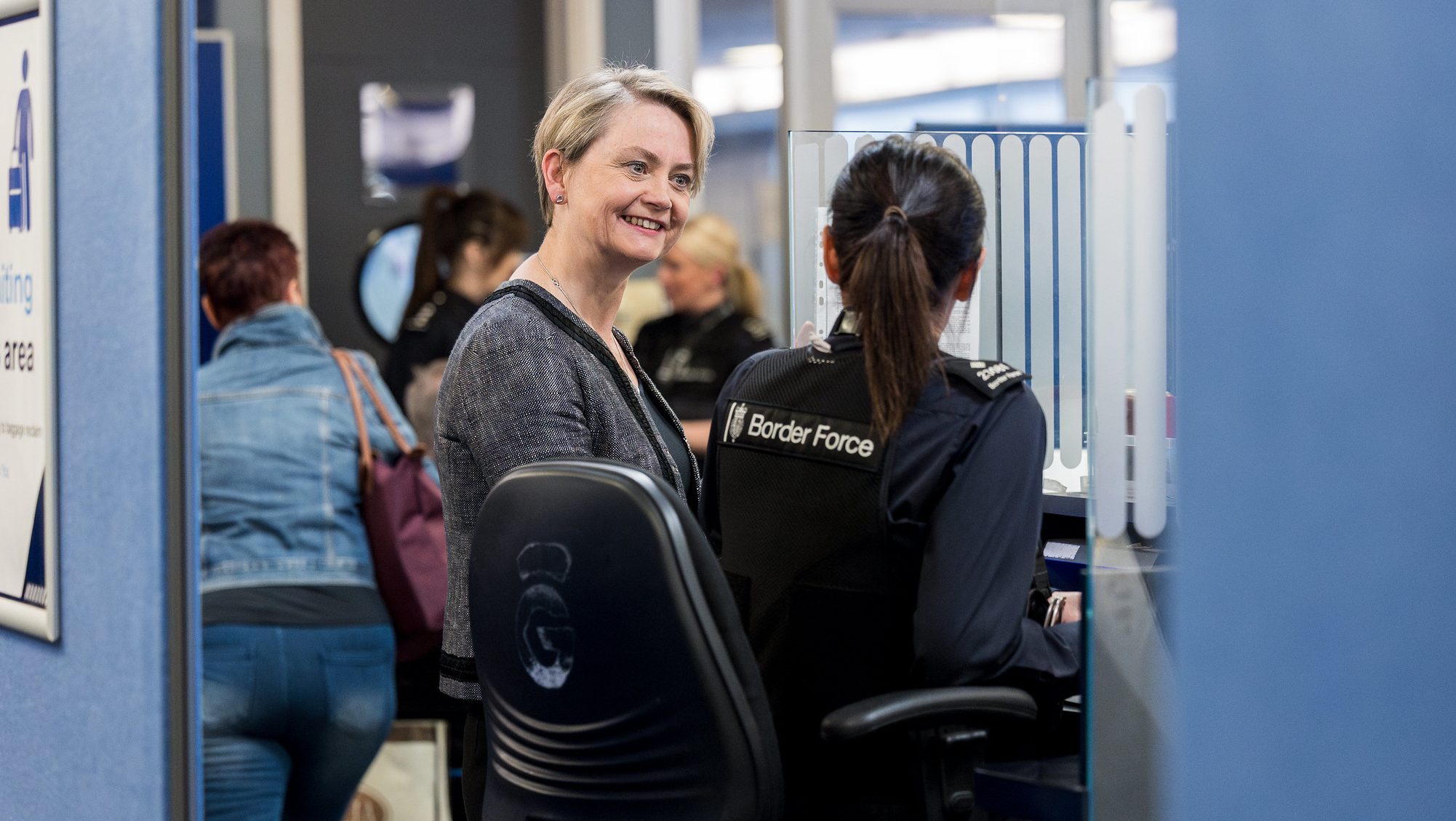Our client ‘Z’ is both blind and deaf. Alone, with no representation, he came to us in desperation. The Home Office had refused his asylum claim with absolutely no regard to his special needs or actual asylum claim. They then tried to make him homeless. The system had failed him – it was only the work of the wider community and charities like ours that stopped him from falling through the cracks.
It’s at times like these that people need lawyers – but the vast majority cannot afford private fees. It is for these people that legal aid was created in the 1940s – to protect the vulnerable and allow access to justice. Colossal cuts to legal aid over the past fourteen years however, have created a slow, complex and bureaucratic system.
- I ended up in hospital due to lack of legal aid for my asylum claim – I got physically sick
- Queer asylum seekers ‘not safe’ in UK due to ‘institutionalised homophobia’ in Home Office, report finds
On top of the huge complexities of the UK’s asylum system, those navigating it are finding their access to essential support cut. In our outreach work with the Red Cross, we have seen victims of domestic violence struggling to secure the rights of their children and themselves due to lack of access to legal advice. People are waiting months – or even years – for decisions on their cases due to enormous Home Office backlogs.
Across the country, people are struggling to find legal support. 50% of people with asylum cases cannot find a legal aid lawyer, and there is almost no support for people with non-asylum immigration cases. Some of the people who come to us seeking support have been turned away by twelve to fifteen providers previously, because there is so much demand and so little supply of legal aid advice.
But urgent reform to the legal aid system is common sense. When people can get support, they can access their rights, put down roots and play a key role in their communities. It makes financial sense too – recent research by the Access to Justice Foundation and the Bar Council found that, “on average, providing free specialist legal advice results in a first-year saving of approximately £9,100 per person to the government. For every £1 spent on free specialist legal advice and its outcomes in 2023, there was a saving to government of £2.71.” Overall, they found that for every 100,000 clients provided with free legal advice, there was a saving to the public purse of around £908m.
But legal aid work has become unsustainable, civil legal aid rates have not increased since 1996, so doing legal aid work is a loss-making exercise. No matter what our principles, even law firms have bills to pay, so it’s a delicate balancing act for us to provide this critical service while keeping our own heads above water.










